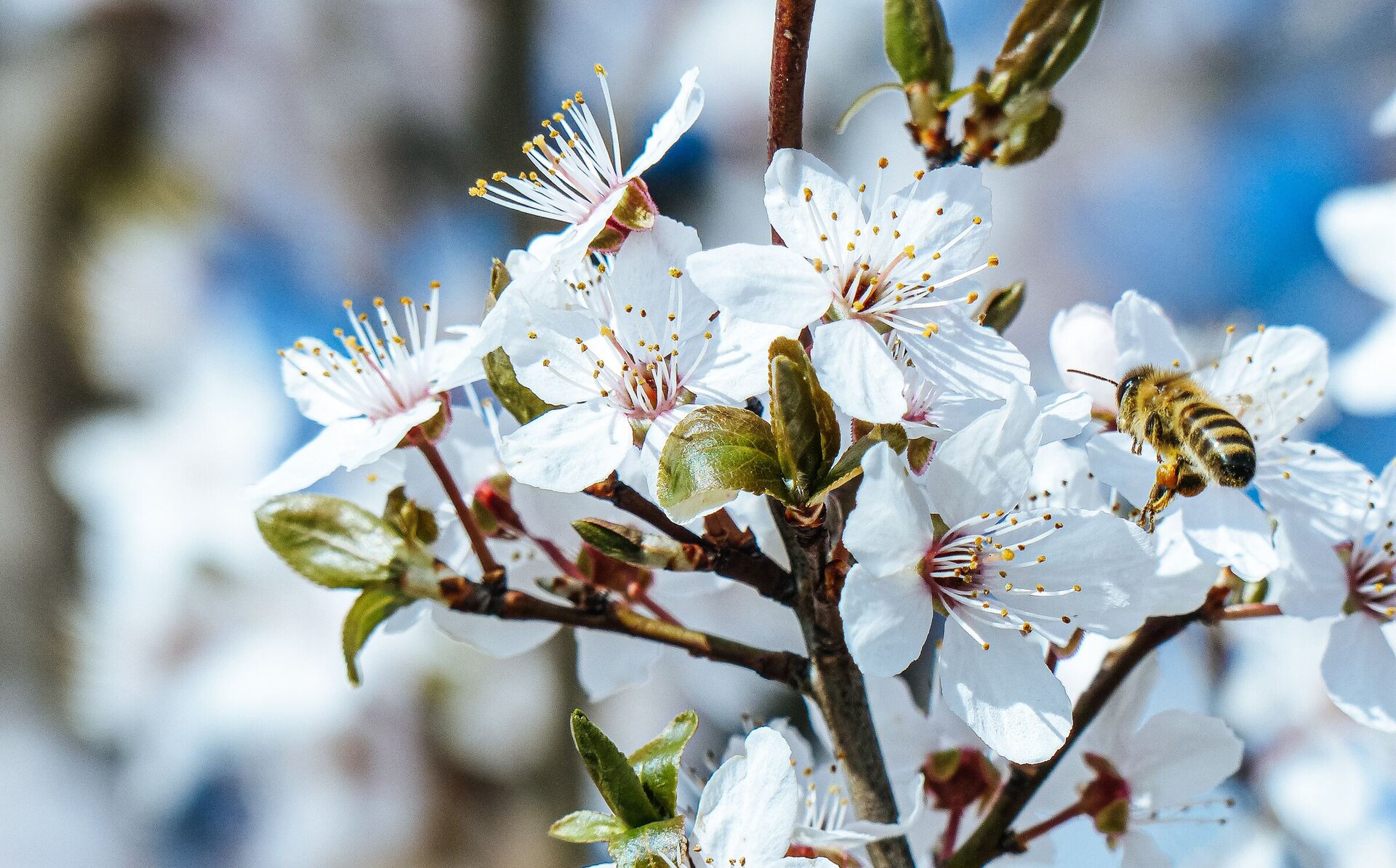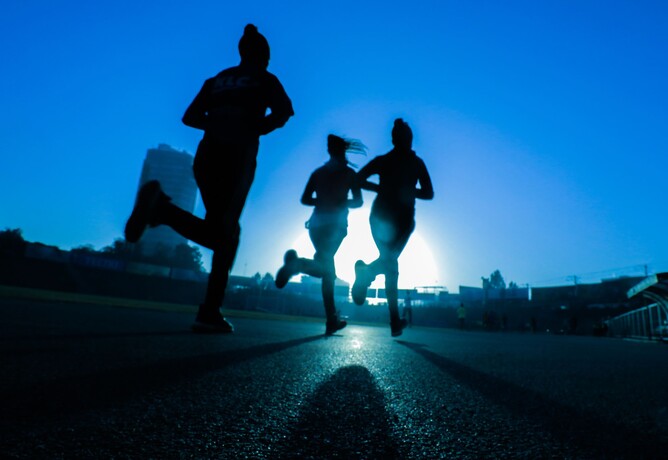Bee pollen proves to be quite useful for activity enhancement and sports nutrition. It produces an accelerated rate of recovery, including a return to normal heart rate, breathing, and readiness for the next event. Bee pollen improves second and subsequent performances. Humans not receiving bee pollen show declining performances. It provides energy, stamina, and strength, and enhances performance levels.
With its natural antibiotic effect it also helps prevent the onset of colds, particularly when combined with bee propolis, royal jelly and honey. This is clearly another important factor when considering the use of bee pollen as a nutrition supplement for competitive athletes.
The United States Department of Agriculture (1992) tested and compared Bee Pollen with other fruit and vegetables and found that Bee Pollen, on a per calorie basis:
- has twice as much iron as any other common food type. Iron is essential for the effective flow of oxygen throughout the body. Bee Pollen contains over seven times more iron than beef does
- is higher in protein than most high-protein foods. Bee Pollen contains up to 50% more muscle-building protein than beef does
- is a valuable source of calcium. Strong bone development depends on high levels of dietary calcium. Bee Pollen contains twice as much calcium as milk does
- contains the strong antioxidant vitamins A, C and E, and was found to contain higher levels of Vitamin A than all common foods except tomatoes
- is an excellent source of three B Vitamins: Thiamin, Riboflavin and Niacin.
Sports People Who Use Bee Pollen
Bee pollen, with it's powerful energizing and stamina building properties, is a popular sports nutrition supplement amongst professional athletes. Numerous energy experts and athletes have credited bee pollen supplementation with greatly improved levels of performance and stamina in endurance building regimes. Bee pollen has the unique ability to aid your body in generating more and more energy as demand increases.
A two-year research project conducted by Olympic coach Remi Korchemny of New York Pratt Institute undisputedly credits bee pollen to significant raised energy and stamina levels.
Muhammed Ali contributes his success to bee pollen and many Olympic athletes have used pollen extensively as supplemental nutrition during sports program training.
Tom McNab has coached a number of British athletes to high levels of success, he comments: "....I was asked to test the efficacy of a bee pollen product. I was initially skeptical of the results likely to be obtained by use of this product. However, I asked five athletes training under me to take the product in accordance with the manufacturers directions, one to three pills a day. Within a period of 12 months, the athletic performance of all of the five athletes taking bee pollen had substantially improved."
James Higgins, treasurer of the American Apitherapy Society, in an interview in the August 1999 issue of Better Nutrition said "Bee pollen is used by almost every Olympic athlete in the world, it gives them more energy and better performance for events like marathons, and they aren't as exhausted the next day."
The list of successful athletes who have embraced bee pollen into their daily supplement regime is endless....some include Lass Viren, winner of the 10000 meter events in two Olympic games, Bill Collins, USA - winner of a Gold Medal in the Pan American Games. Steve Reddick, GOLD MEDALIST on the US Relay Team at the Montreal Games 1976 says: "It (bee pollen) gives me a lot more energy too. I used to take honey but this Bee Pollen is far better. I take 3 pills a day."
Noel Johnson, a marathon runner in his nineties has written two autobiographies. One is called 'A Dud at 70 - A Stud at 80' and the other 'The living Proof'. He says, "I derive special nutrients from bee pollen. It gives me the energy I need to engage in marathons... and other physical activities!"







